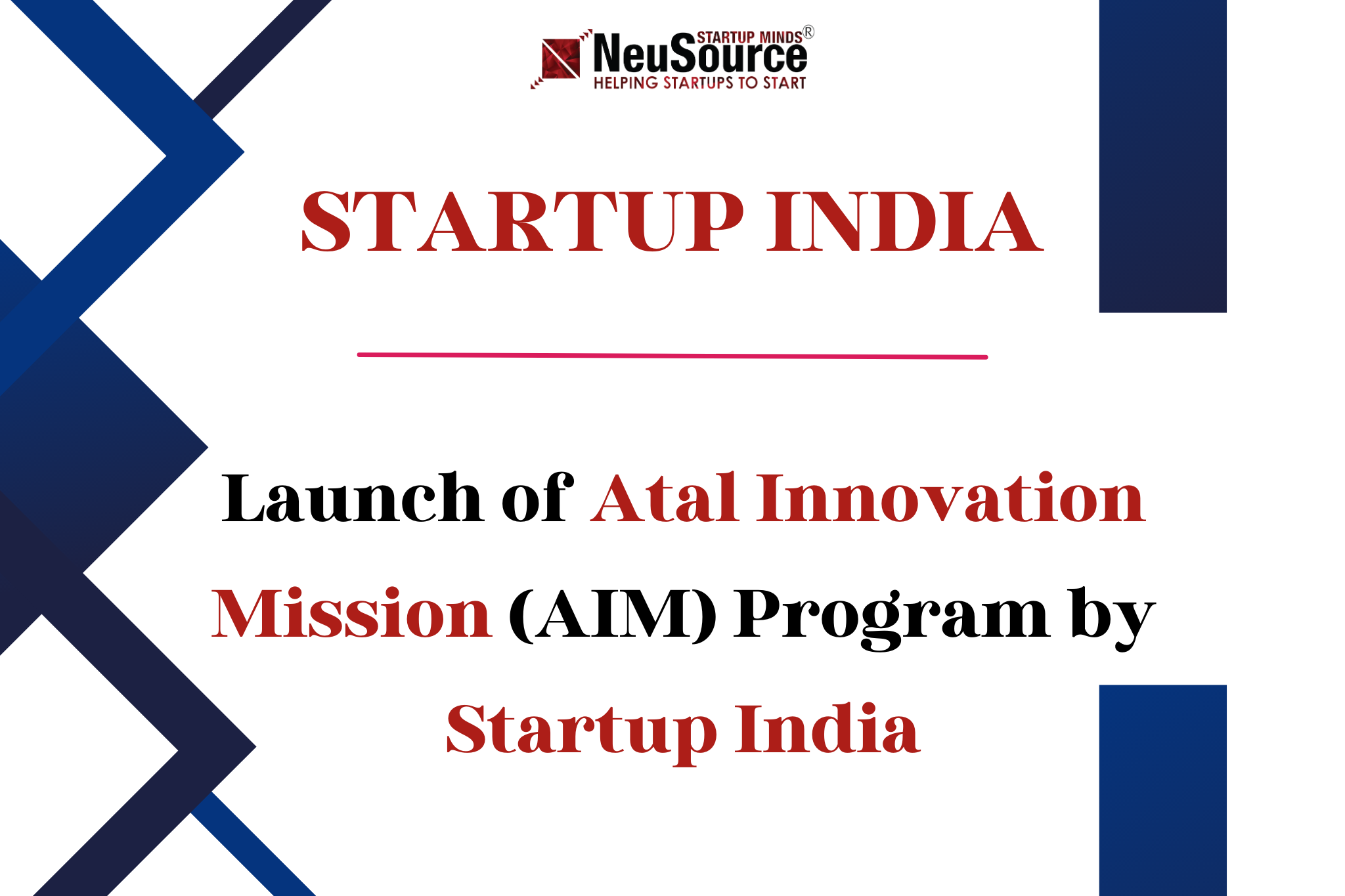
Every year, more than 15,000 startups are launched, yet around 90% of them never make it past the early stages. As entrepreneurs, it's crucial to understand why so many fail and how we can avoid those pitfalls. In this article, we’ll dive into the role of motivation, expert guidance, and the right knowledge in turning a startup into a success. We'll explore practical insights that can help you navigate your entrepreneurial journey and boost your chances of thriving in the competitive startup world.
Why Do Startups Fail?
Before diving into the strategies for success, it’s important to understand why many startups fail. Research shows that startups fail due to several reasons, including a lack of market demand, funding, poor management, and inadequate knowledge. According to a CB Insights survey, 42% of startups fail because there is no market need for their product. This is where expert advice and motivation play a crucial role.
In a recent podcast with Ashok Pandit, a motivational speaker with over 20 years of experience in the startup ecosystem, he highlighted an interesting perspective. He explained that many entrepreneurs, despite having great ideas, fail because they lack proper guidance and the right mindset. He says, "Many entrepreneurs fail because they don’t seek expert advice. They end up relying on opinions from random sources which might not align with their goals."
Real-Time Example:
Consider Instagram. Initially, Instagram was just a photo-sharing app, but its pivot towards a social media platform changed everything. The founders got expert advice, recognized the market demand, and aligned their product with user needs. The result? A billion-dollar acquisition by Facebook.
The Role of Motivation in Entrepreneurship
While expert advice and knowledge are essential, the role of motivation cannot be overstated. Motivation acts as a driving force that pushes entrepreneurs through difficult times and helps them keep moving forward despite challenges.
Ashok Pandit explains that motivation isn’t about just boosting morale; it’s about providing the right push at the right time. He mentions, “Motivation, in its true sense, is not about constant encouragement. It’s about pushing someone to take action when they’re unsure about their decisions.”
Motivation vs. Knowledge: A Powerful Combination
Motivation and knowledge work best when combined. Here’s why:
- Motivation provides the will to act.
- Knowledge helps in making informed decisions.
This combination can be a game-changer for entrepreneurs, especially those running startups. While motivation encourages action, knowledge ensures that the action is well-informed and effective.
Example:
Think of a motivated startup founder who wants to launch a food delivery service. Without knowledge of the food and delivery industry, they might face difficulties in logistics, market competition, and customer service. However, if they combine their drive with expert advice from those who have already run successful food delivery businesses, they will increase their chances of success.
Expert Advice: A 360-Degree Turnaround
One of the key pieces of advice that Ashok Pandit often gives to entrepreneurs is to seek expert guidance. He strongly believes that even a small piece of advice from someone who has been in the field for 10-15 years can provide valuable insights.
Many entrepreneurs make the mistake of seeking advice from their friends or family who may not be experienced in the business world. However, advice from experts who have a deep understanding of the industry can help in making the right decisions.
Ashok Pandit mentions a real-life example of a startup in the food industry. The founder of the startup was struggling with engagement on social media, but when an expert pointed out that the founder’s content was not speaking in the right tone for their target audience, the startup saw a huge improvement in its social media following.
How Motivation and Expert Advice Help Startups Stay on Track
As mentioned, 15,000 startups open each month, but a significant portion of these face challenges that could be avoided with the right knowledge and support. Entrepreneurs often face confusion when they get conflicting opinions from different sources.
Ashok Pandit suggests a simple method: “When in doubt, always go for advice from experts who have been in the field for at least 10-15 years. These experts can offer practical advice that will help you make informed decisions, rather than following random opinions that may not lead you anywhere.”
This is where the importance of motivation becomes even clearer. Motivation gives you the confidence to make decisions, but the right expert advice helps you understand what works and what doesn’t. These two elements combined are the foundation for success in any startup.
The Importance of Public Speaking and MLM for Personal Growth
Another key insight from Ashok Pandit is his belief in personal development through public speaking and Multi-Level Marketing (MLM). He states, “In my 20 years of experience, I have witnessed how powerful public speaking and MLM can be in shaping an individual’s career.”
Public speaking helps entrepreneurs and startup owners communicate effectively, both within their teams and with potential clients. MLM, on the other hand, helps build confidence, leadership skills, and a deeper understanding of human psychology.
Example:
A real-life example is Dhruv, a young entrepreneur who once shared his journey on Ashok Pandit’s podcast. Dhruv mentioned that his time spent in an MLM company, despite not making much money, helped him understand leadership, sales techniques, and the importance of communication. Today, he runs a successful e-commerce business.
Motivation and Knowledge: A Cycle of Success
The journey of entrepreneurship is not linear. It involves continuous learning, growth, and adaptation. Ashok Pandit advises entrepreneurs to stay motivated and always seek new knowledge. He says, “The path to success is a continuous process. There will be ups and downs, but as long as you keep learning and stay motivated, success will follow.”
Example:
Elon Musk, the CEO of Tesla, is an excellent example of someone who combines motivation and knowledge. Musk has faced numerous setbacks, including the near bankruptcy of Tesla, but his constant motivation and thirst for knowledge helped him turn the company into the powerhouse it is today. His journey shows that even when things seem difficult, staying motivated and being open to expert advice can change the course of your startup.
Conclusion: The Takeaway for Aspiring Entrepreneurs
If you’re a startup founder or planning to launch your own venture, the lessons from Ashok Pandit and his emphasis on motivation and expert advice can make a huge difference in your entrepreneurial journey.
- Never stop learning: Seek knowledge, whether through books, courses, or consulting with industry experts.
- Motivation is key: It’s not just about inspiration but about pushing yourself to take action when you feel lost.
- Consult experts: Don’t just rely on opinions from family and friends. Seek expert advice, especially from those who have been in the industry for a significant amount of time.
Remember, success in the startup world is not just about having a great idea; it’s about how you execute that idea with the right guidance and a motivated mindset.
By combining motivation, expert advice, and knowledge, you can significantly improve your chances of building a successful startup. So, take the plunge, learn from the experts, stay motivated, and watch your business flourish.
Janki Gupta
The internet offers opportunity, but only strategy builds success. Don't just exist online—dominate. Choose Neusource to craft your digital footprint and lead your business to its peak.









































































































